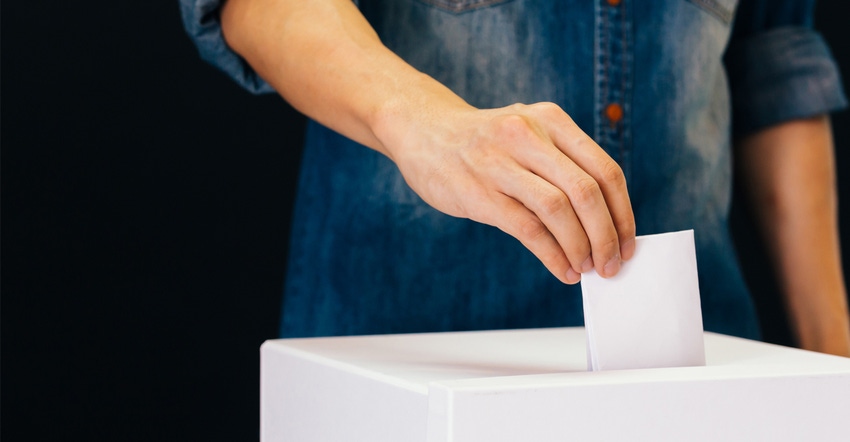October 15, 2021

We spend a lot of time and mental energy on national politics, don’t we? But can you name every member of your city council by memory? What about your county commission? Your school board?
This November, we have a general election to elect local officials who arguably wield more power over our day-to-day lives than anyone on a national level. But all too often, we citizens ignore this responsibility to become educated on the local issues and the candidates — or even vote in the general election.
Consequences of inaction
Just how much power do these local officials wield? Well, let’s see.
Do you have strong opinions about the education, safety, health and welfare of children in your school district? School boards ultimately hire and fire teachers and administrators and make those decisions.
Frustrated with the state of the county roads you haul your crops over to market every harvest? County commissioners are the boots-on-the-ground folks who handle basic infrastructure like roads and bridges. They control the purse strings and make decisions regarding state and federal dollars that will be used locally.
City councils control local development and taxes. Zoning boards decide what we can build, and where and when. Extension councils and county or state fair boards make decisions about facilities and activities that affect youth and families.
The list goes on, and we never think about all that they control until we stumble across a snafu in our own lives.
Neighbors serving
As a member of the Kansas Ag and Rural Leadership (KARL) Class X, I remember our talks about choosing to run for office or to serve in an elected capacity. The decision to file as a candidate is not something one should take lightly.
Lots of people focus on the time commitment of an elected or appointed office. But today they also have to take into account a much more divided community filled with hateful rhetoric, and even sometimes threats of violence from the very neighbors they’re trying to serve.
Twenty years ago, a neighbor would file as a candidate, put up some signs around town and maybe chat with the local newspaper about why they were running. Voters would read election guides in their local papers about the issues and candidates. Maybe they knew one of the candidates and had a personal history to guide them.
Today, candidates, their political views, their families — their entire lives — are an open book on social media for supporters and detractors alike. It takes a special intestinal fortitude to put oneself and one’s family in the firing line of public scrutiny in 2021.
Did your kid have trouble with the law? Could someone bring up a past bad business deal? Do you have extremist views one way or another? Does your dog bark excessively? Everything is fair game to the keyboard warriors of your community.
So many of our best and brightest minds in our communities, our moderate neighbors, are discouraged from even running for office because of the personal and professional toll holding a local position takes. Even though we desperately need their new ideas and their fresh perspectives on those boards.
What to do
One of the tenets of the KARL program is teaching class members what makes a good leader.
We talked about how the founding fathers envisioned citizen legislators — ordinary citizens, stepping up to take a leadership position in their communities for a time, and then going back home to their everyday lives once that period was up.
That’s what our neighbors are doing when they file to run for local office. They’re stepping up to the responsibility as citizens to make things better for as many in the community as they can.
Our job as electors is to become educated on the issues and the candidates, and make the best choices for our own needs at the ballot box. Take the time to research the names on the ballot before you go to the polls and see if their views align with yours.
Before posting a flaming viewpoint on social media and dogpiling on a neighbor, maybe take a moment and try to be constructive instead. The bullying and violent harassment of our commissions isn’t the answer — no matter how upset we might be about an issue.
And next time, maybe consider stepping up and putting your own name on the ballot, and doing your part as a citizen and as a member of the community. You can find out how at sos.ks.gov/elections/elections.html.
You May Also Like




